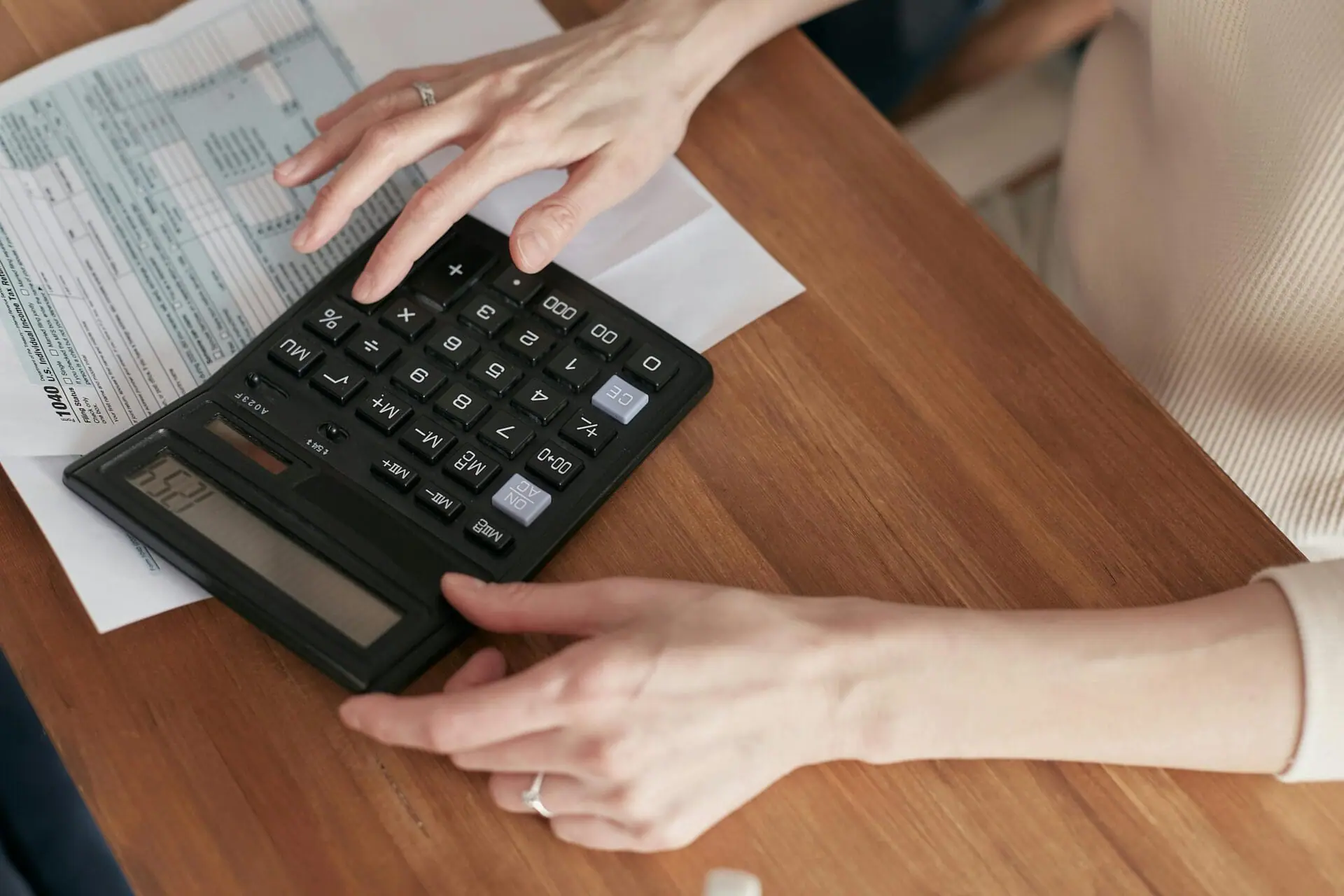
From 2026, electronic invoicing will become a legal obligation for all businesses subject to VAT in France. This new regulation imposes a gradual transition to a fully digitized system. While this reform aims to simplify administrative processes, it also presents increased risks of document fraud. It is becoming essential for businesses to equip themselves with advanced detection solutions to protect themselves against the falsification of invoices. We'll tell you more.
The implementation of electronic invoicing is planned for 2026. This reform provides for a staggered timetable:
The aim is for all businesses, regardless of sector or size, to use electronic invoicing for transactions between VAT payers as of September 1, 2026.
Electronic invoices must be issued and received via a partner dematerialization platform (PDP), accredited by the tax authorities. These platforms will be responsible for the secure transmission of invoices between sender and recipient.
Click here to find the list of registered PDPs !
However, the digitization of invoices involves a major risk: document fraud. Why? The increase in the volume of electronic invoices exchanged creates more opportunities for falsification, which is more digital.
To ensure the authenticity and integrity of electronic invoices, the qualified electronic seal will now be required. It allows Guarantee that the invoice is from the issuer and has not been amended along the way. This stamp is particularly important in the fight against the falsification of invoices.
Electronic invoices should also be kept for 6 years. During this period, they must remain accessible. The aim? Reinforce the need to use detection solutions to prevent fraudulent manipulation.
Businesses should prepare now for the implementation of electronic invoicing in 2026. How?
Businesses should also integrate these new obligations into their management systems to avoid confusion when receiving and processing invoices.
Read on! Is corporate internal control really necessary to fight fraud?
Electronic invoicing has several major goals for tax authorities, including:
To find out more about corporate obligations related to fraud, read our article duty of care: what are the obligations of companies?
The transition to electronic invoicing is inevitable for all French businesses, but it involves risks, in particular that of document fraud.
As the volume of electronic invoices increases, the temptation to falsify documents becomes greater. It is therefore crucial for businesses toadopt reliable solutions to guarantee the security and integrity of invoices.
Finovox offers advanced technologies for detecting falsified documents, allowing businesses to ensure that their electronic invoices are authentic and unmodified.
With this solution, businesses can comply with new regulations while minimizing fraud risks.
Do you need to learn more about Finovox? Contact an expert!